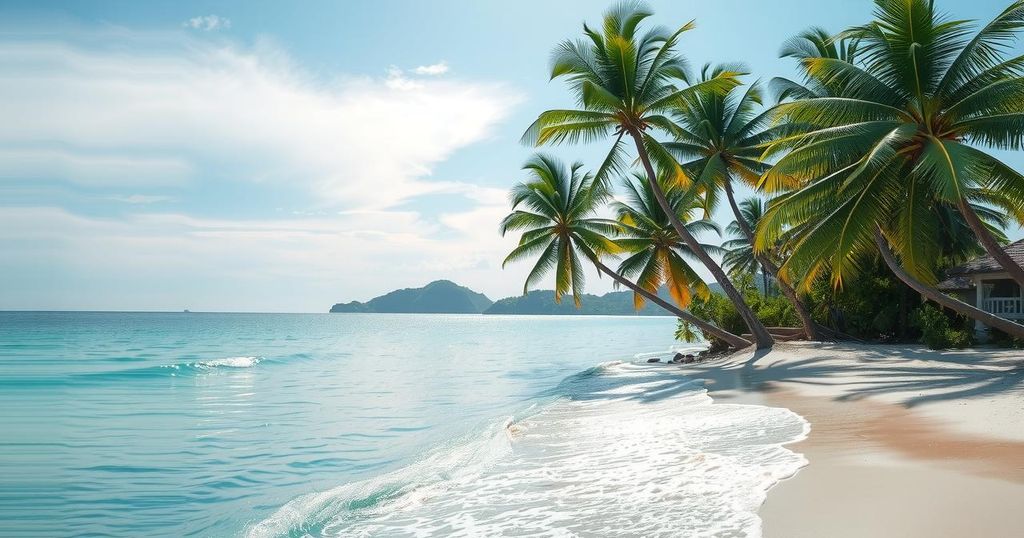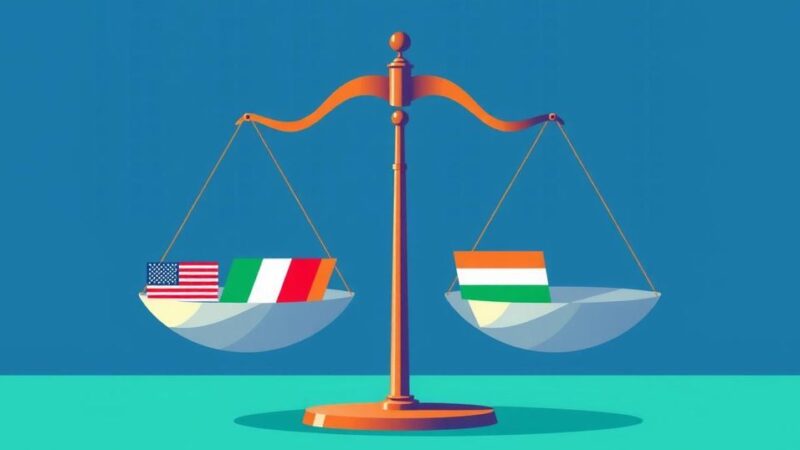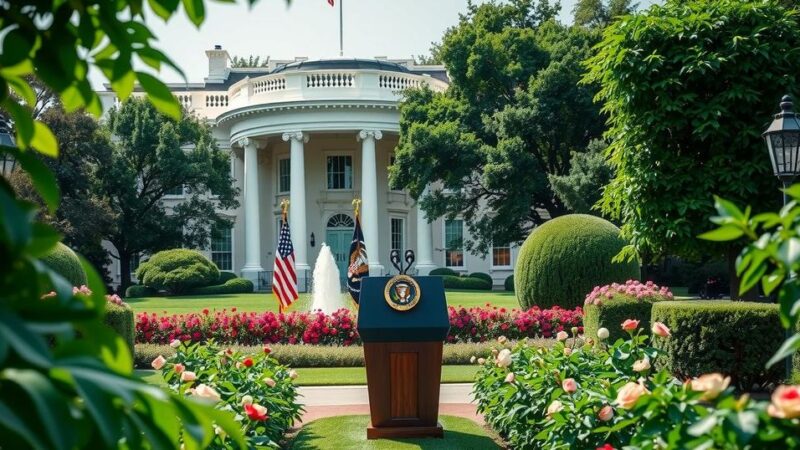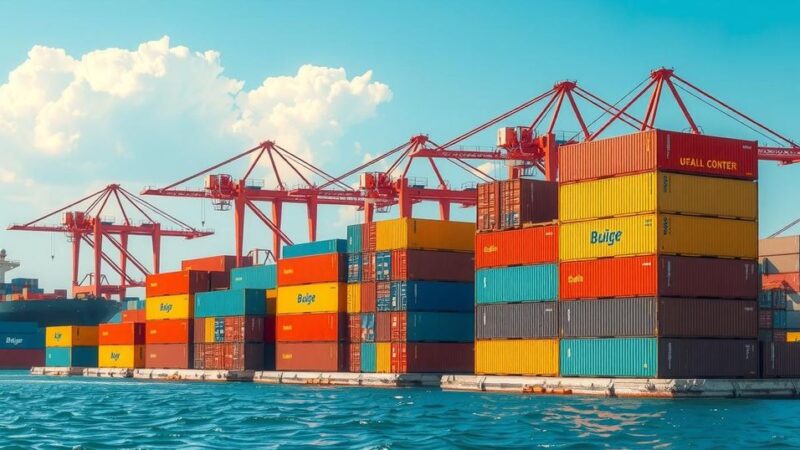Canadians are increasingly choosing tropical vacation spots like Jamaica, Mexico, and Brazil over U.S. destinations due to rising luxury hotel prices and unfavorable economic conditions. This shift is causing significant impacts on U.S. tourism, particularly in areas like Florida, which traditionally relied on Canadian travelers. Canadian travelers are seeking more affordable luxury experiences, ease of access, and more welcoming environments in alternative destinations.
Recent research indicates that Canadian travelers are increasingly favoring tropical destinations such as Jamaica, Mexico, Brazil, and Aruba over traditional U.S. vacations. This trend has emerged due to various factors, including rising luxury hotel prices, an unfavorable exchange rate, and ongoing economic tensions between Canada and the United States. Instead of paying premium prices for basic accommodations in U.S. cities, many Canadians are opting for luxurious, all-inclusive experiences where their currency holds greater value.
Historically, Canada has been the leading source of international tourists to the U.S., with millions visiting annually for leisure and shopping. However, the escalating costs of travel, compounded by economic uncertainty and dissatisfaction with U.S. policies, have compelled Canadians to seek alternatives, which further benefits targeted destinations. The U.S. Travel Association has cautioned that increased tariffs proposed during the prior administration could significantly impact Canadian tourism in the U.S.
Political figures in Canada, including Prime Minister Justin Trudeau, have encouraged citizens to reconsider their spending in the U.S., particularly in light of policies perceived as detrimental. Travel agencies have reported a notable increase in cancellations for U.S. trips, evidencing the shift in Canadian preferences. For instance, a predicted ten percent decrease in Canadian travelers to the U.S. may heavily impact Florida, a destination particularly relied upon for tourism revenue.
As Canadians redirect their travel dollars, destinations like Jamaica, the Bahamas, Brazil, and Mexico have experienced a notable increase in visitors. The rising affordability of luxury travel in these regions contrasts sharply with soaring hotel prices in the U.S. Data reveals that the number of U.S. hotels charging over $1,000 per night has nearly quadrupled since 2019, contributing to the financial burden on Canadian tourists.
Furthermore, the items Canadians purchase abroad have become increasingly expensive due to the current exchange rate, which deteriorates their purchasing power in the U.S. For example, the value of the Canadian dollar allows travelers to enjoy significantly cheaper accommodations and experiences in countries like Mexico, where 1 CAD results in 14.33 Mexican Pesos, enhancing the overall travel experience.
Canadians also benefit from favorable travel conditions, as many Caribbean and Latin American nations offer welcoming visa policies and ease of entry compared to stringent American border regulations. While the U.S. continues to contend with natural disasters and unpredictable weather, Caribbean destinations historically enjoy stable climates, making them attractive alternatives.
In contrast to perceived coldness in U.S. hospitality, locations like Jamaica and Mexico are renowned for warmly receiving Canadian tourists, which enhances their traveling experience. As Canadian travelers shift their focus away from the U.S., airlines are adapting by increasing non-stop flight options to these preferred destinations, making travel more convenient and economical for Canadians.
This changing landscape has considerable consequences, with the U.S. losing substantial amounts in tourism revenue. Countries such as Jamaica, the Bahamas, Brazil, Mexico, Saint Kitts, and Aruba are currently benefiting from increased Canadian tourism, stimulating local economies and encouraging airlines to tailor routes to meet demand. Should economic tensions and travel costs remain high in the U.S., Canadians are likely to continue favoring these alternative destinations.
The overarching conclusion is that Canadians are increasingly prioritizing comfort, cost-effectiveness, and warm hospitality over the stress associated with U.S. travel. As this trend continues, the onus is on U.S. tourism officials to reconsider how they engage with Canadian visitors to maintain and encourage tourism in their regions.
In summary, Canadian travelers are favoring tropical locations over U.S. destinations due to high costs, unfavorable exchange rates, and perceived unwelcoming policies. This evolving travel pattern benefits Caribbean and Latin American destinations, which are experiencing an increase in Canadian tourists. If the current economic climate and travel challenges in the U.S. persist, this trend is likely to become more entrenched, compelling a reevaluation of how the U.S. engages with Canadian visitors.
Original Source: www.travelandtourworld.com






